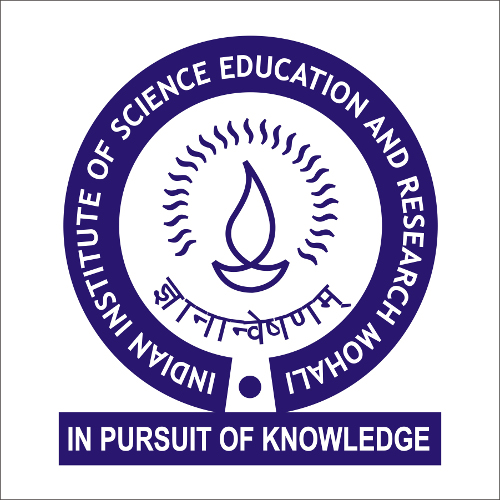Forthcoming Events
Host factors associated with hepatitis C virus and their implications for viral egress
Dr. Ashish Kumar, Postdoctoral Fellow, Laboratory of Infectious Diseases, National Institute of Allergy and Infectious Diseases, National Institutes of Health
Location : Online
Abstract: While direct-acting antivirals are highly effective in curing hepatitis C virus (HCV), however, there is no vaccine to prevent infection. The HCV envelope glycoproteins E1 and E2 are responsible for binding, particularly E2, with the host-cell receptors, i.e., scavenger receptor class B type I (SR-BI), cluster of differentiation 81 (CD81), claudin, and occludin. Therefore, the primary goal of vaccine development is to prevent HCV infection by blocking HCV attachment and/or entry into susceptible cells, which is mediated by the HCV E2 envelope protein. The CD81 binding is particularly interesting in vaccine development, as well as from an immune-response perspective. We have shown in our recent study that during viral entry into the host cell, HCV E2 uses a hybrid triggering mechanism in which both acidification and CD81 interaction are necessary for optimal membrane binding for fusion for the first time. We are currently exploring this knowledge in the development of the HCV vaccine. We can successfully extrapolate such methodological approaches to other viruses where no effective therapeutics are available, for example, dengue, zika, and others that cause many fatalities in India. It would be intriguing to investigate these viruses' mechanistic insights in-depth, and the study could reveal knowledge on viral entry and disease progression, potentially leading to the development of extremely effective drugs and vaccines for human welfare.
Meeting ID: 984 9443 2664
Passcode: 481105
Meeting ID: 984 9443 2664
Passcode: 481105

